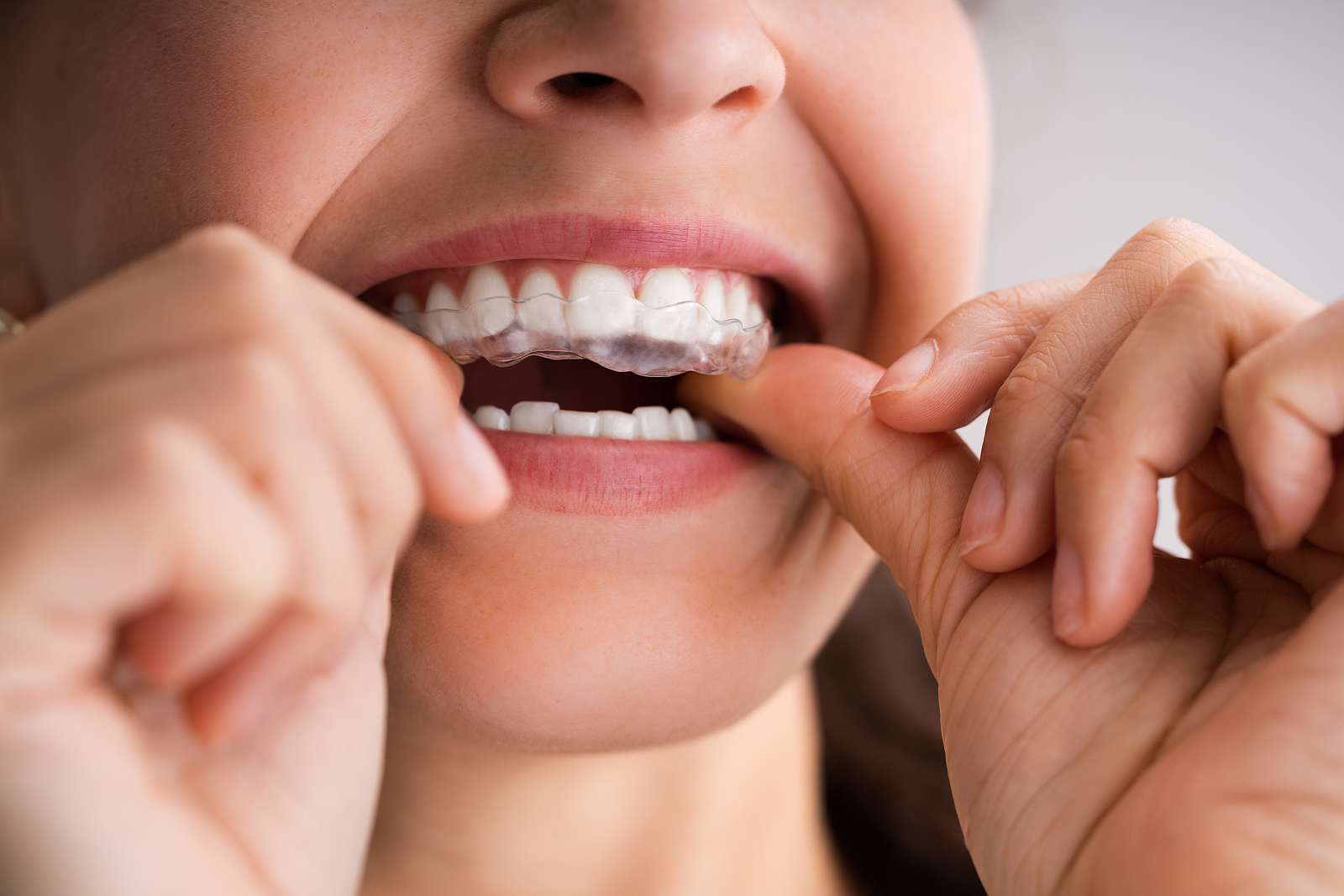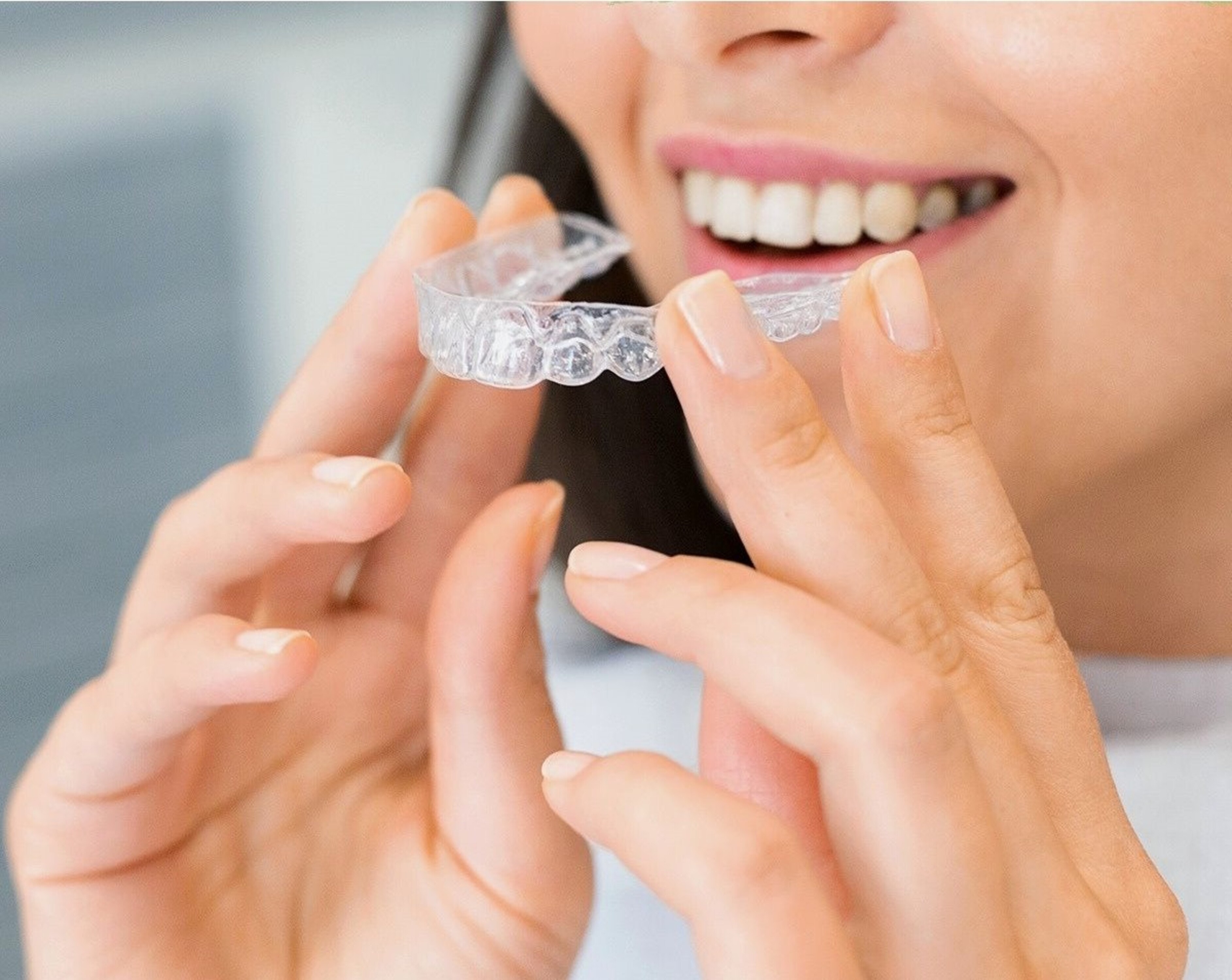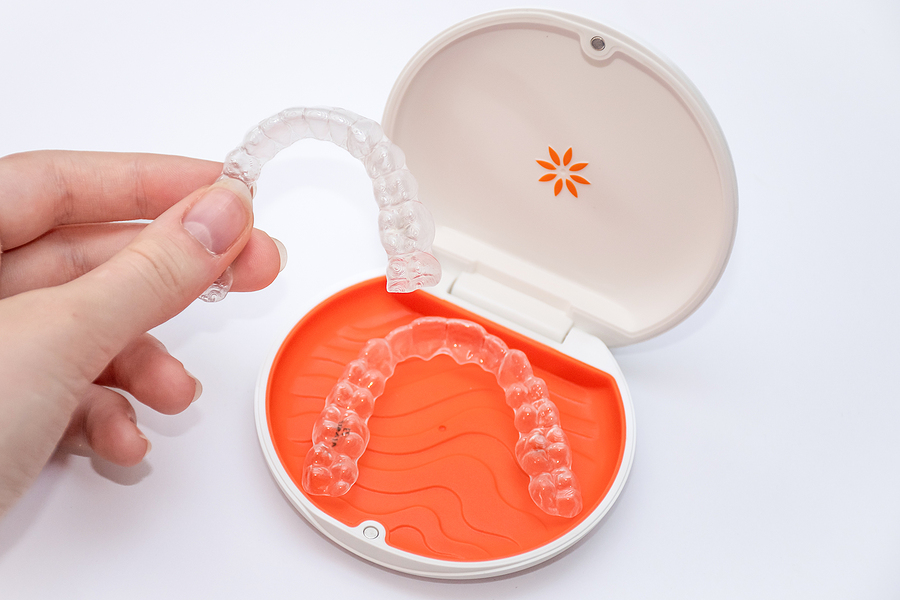If you're considering dental implants in Alexandria, VA, you may have heard talk about bone grafting. It might sound daunting, but understanding its role is vital for ensuring your dental implant journey is a success. Dental implants are more than just replacement teeth; they're a restoration of function and aesthetics that can change lives. However, the foundation on which these implants sit—the jawbone—must be strong and healthy.
Bone grafting serves as an essential step in this process when the existing bone isn't sufficient to support an implant. Whether due to injury, periodontal disease, or other factors, inadequate bone can pose challenges that require innovative solutions like grafting procedures. Let's explore why this technique is crucial for achieving optimal results with dental implants and how it can pave the way to a healthier smile.
The Purpose of Dental Implants
Dental implants serve a vital role in modern dentistry. They provide a permanent solution for those who have lost teeth due to injury, decay, or other reasons. Unlike dentures, which can shift and require regular adjustment, implants offer stability that mimics natural teeth.
These titanium posts are surgically placed into the jawbone. Over time, they fuse with the bone in a process called osseointegration. This creates a strong foundation for replacement teeth.
Beyond aesthetics, dental implants restore functionality as well. Patients regain their ability to chew and speak without discomfort or embarrassment. The confidence boost from having a complete smile can significantly enhance one's quality of life.
Additionally, dental implants help maintain jawbone health by stimulating growth where natural teeth once were. This prevents further deterioration that often occurs after tooth loss and contributes to overall oral health.
What is Bone Grafting?
Bone grafting is a surgical procedure that involves transplanting bone tissue to areas where it is deficient. This technique is often necessary for patients looking to receive dental implants, especially in cases of significant tooth loss or jawbone deterioration.
During the procedure, a surgeon takes bone from another part of your body or uses synthetic materials. The goal is to create a stable foundation for future implants.
The new bone integrates with existing tissue over time, promoting strength and density. This integration process can take several months but sets the stage for successful implant placement.
Bone grafting not only aids in aesthetics but also enhances functionality. A robust jawline improves biting and chewing capabilities, enriching the overall quality of life. It's an essential component that many might overlook when considering dental implants in Alexandria, VA. Contact us to learn more.
Benefits of Bone Grafting for Dental Implants
Bone grafting plays a pivotal role in the success of dental implants. It enhances the jawbone's strength and density, creating a solid foundation for implant placement.
- One significant benefit is improved stability. A robust bone structure ensures that implants are securely anchored, minimizing risks of movement or failure.
- Additionally, bone grafting can help restore facial aesthetics. When teeth are lost, the jawbone may shrink over time. Grafting fills this void, maintaining natural contours and preventing sagging features.
- Another advantage is increased longevity for dental implants. With adequate bone support, patients often experience fewer complications and a longer-lasting result.
- It opens up possibilities for more patients to receive dental implants who might have been previously considered unqualified due to insufficient bone volume. This procedure paves the way for broader access to restorative dentistry options in Alexandria, VA.
Types of Bone Grafting Procedures
Bone grafting procedures come in several types, each tailored to specific patient needs and conditions.
- Autografts involve using bone tissue from the patient's own body. This method offers the advantage of biocompatibility, as the body recognizes its own cells.
- Allografts utilize bone harvested from a donor. These grafts are processed and sterilized to eliminate disease risks while providing a reliable option for those who may need larger amounts of bone.
- Xenografts use bone material sourced from animals, often bovine. They serve as scaffolding for new bone growth, promoting healing effectively.
- Alloplastic grafts consist of synthetic materials designed to mimic natural bone structure. These options can be particularly useful when other sources aren't viable or available.
Each type has unique benefits and considerations that your dentist will discuss during your consultation on dental implants in Alexandria, VA.
Recovery and Aftercare for Bone Grafting
After a bone grafting procedure, proper recovery and aftercare are crucial for optimal healing. Patients can expect some swelling and discomfort in the days following surgery. Over-the-counter pain relievers often manage this effectively.
Maintaining oral hygiene is vital but should be approached with care. Gently rinsing with salt water helps keep the area clean without disturbing the graft site. It's best to avoid vigorous brushing near the surgical area until fully healed.
Diet plays a significant role during recovery as well. Soft foods are recommended initially; think yogurt, mashed potatoes, or smoothies that don't require chewing.
Regular follow-up appointments allow your dentist to monitor healing progress and address any concerns promptly. Being attentive to signs of infection—like increased pain or unusual discharge—can help catch issues early on, ensuring a smoother path toward dental implant placement later down the line.
Conclusion
Dental implants have transformed the field of dentistry, offering a permanent solution for missing teeth. However, their success heavily relies on having sufficient bone structure. This is where bone grafting becomes crucial.
Bone grafting provides the foundation needed for dental implants to integrate properly with your jawbone. By restoring lost bone density, it enhances stability and longevity.
The benefits of bone grafting extend beyond just supporting dental implants. It can also improve oral health by preventing further deterioration of surrounding bones and tissues.
Various types of bone grafting procedures exist, from autografts taken from your own body to synthetic options. Each method has its advantages depending on individual needs and circumstances.
Recovery after a bone graft may vary but generally involves some discomfort that subsides over time. Following proper aftercare guidelines will ensure optimal healing and better outcomes for your dental implant procedure.
Considering all these factors highlights how essential bone grafting is in guaranteeing successful dental implants in Alexandria, VA. If you are contemplating this option, consulting with a qualified dentist will provide clarity tailored to your unique situation. Your journey toward achieving a healthy smile begins with understanding these foundational elements.
If you have any questions about dental implants or want to schedule an appointment for a consultation, call Old Town Dentistry today at (703) 683-0800.
Visit Our Office
Alexandria, VA
124 S. West Street, Suite 100, Alexandria, VA 22314
Email: info@oldtowndentistry.com
Book NowOffice Hours
- MON8:00 am - 2:00 pm
- TUE8:00 am - 5:00 pm
- WED8:00 am - 2:00 pm
- THU8:00 am - 5:00 pm
- FRI8:00 am - 2:00 pm
- SAT - SUNClosed
124 S. West Street, Suite 100,
Alexandria, VA, 22314
Phone: (703) 683-0800Text Us: (703) 683-0800








